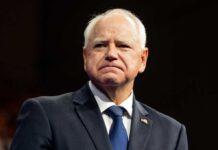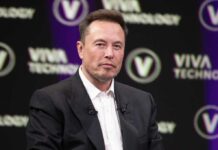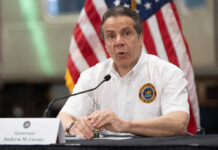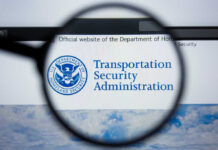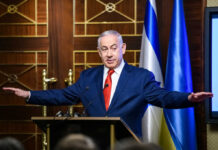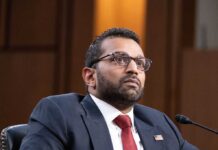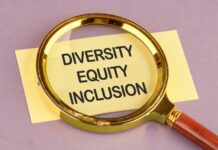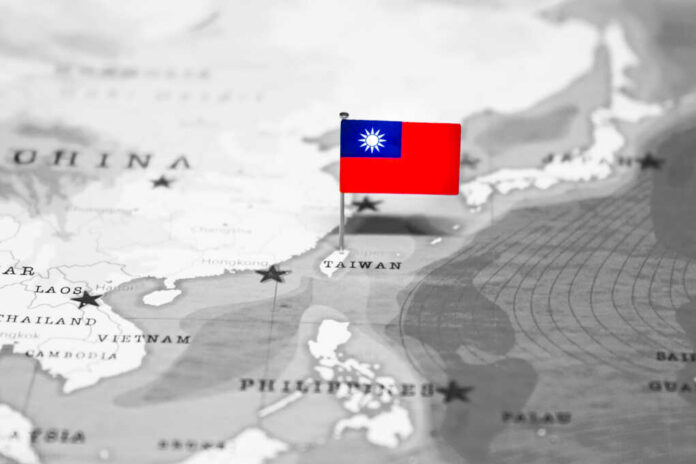
A high-level U.S. seminar on Taiwan has reasserted the island’s strategic value and deepening partnership with Washington, highlighting new momentum across defense, economic, and global diplomatic arenas.
At a Glance
- The Global Taiwan Institute hosted a major seminar on U.S.–Taiwan relations
- Keynote speaker Ambassador Alexander Yui emphasized expanding diplomatic ties
- The Taiwan Relations Act underpins defense and trade cooperation
- U.S. support remains strong amid China’s push to isolate Taiwan globally
- Taiwan’s semiconductor sector and global outreach are central to strategic planning
Four Pillars Define Strategic Alignment
In a landmark forum hosted by the Global Taiwan Institute, top U.S. and Taiwanese officials outlined a comprehensive vision for bilateral cooperation, focusing on four key areas: defense, trade, cultural ties, and international engagement. The seminar was moderated by POLITICO’s Phelim Kine and headlined by Ambassador Alexander Yui Tah-ray, who emphasized Taiwan’s deepening diplomatic posture in Washington.
Watch a report: U.S.–Taiwan Relations: Strategic Partnership
At the heart of the discussion was the Taiwan Relations Act (TRA), which guarantees U.S. commitments to Taiwan’s defense and economic stability. Speakers highlighted the urgency of bolstering Taiwan’s military readiness and expanding bilateral trade—especially in the high-stakes semiconductor industry.
Countering Threats and Economic Barriers
Taiwan’s growing vulnerability to Chinese aggression dominated the security portion of the event. Experts called for joint operational planning and increased defense budgets as deterrents. U.S. support, including arms sales and coordinated strategies with Indo-Pacific allies, remains key to Taiwan’s resilience.
On the economic front, participants explored how Taiwan can navigate U.S. tariffs while accelerating investment in American chip manufacturing. Taiwan’s leadership in advanced technology—especially semiconductors—was framed not just as economic leverage but as a pillar of democratic resilience against authoritarian influence.
Navigating Global Isolation
China’s attempts to block Taiwan from international institutions was also front and center. While Beijing exerts pressure on forums from the WHO to ICAO, the U.S. has doubled down on efforts to amplify Taiwan’s global voice. This includes forming new coalitions with nations like India and reinforcing Taiwan’s democratic legitimacy in AI governance and tech diplomacy.
Against the backdrop of a possible China-Russia alignment, panelists stressed the importance of cementing Taiwan’s role in a global coalition that blends security, innovation, and democratic ideals. “If Taiwan thrives,” one panelist noted, “then so too does the model of open, values-driven technology leadership.”
The seminar closed with an unmistakable message: U.S.–Taiwan ties are not just intact—they are intensifying. And in an age of geopolitical uncertainty, that alliance may define the future balance of power in Asia and beyond.



